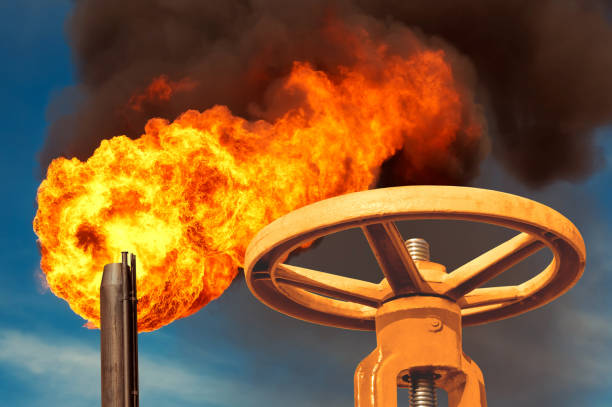Berlin/New York, February 28 – While all efforts have focused on preventing planet earth from heating up above 1.5 degrees Celsius, a new study by the Intergovernmental Panel on Climate Change (IPCC) with the contribution of 270 scientists from 67 countries said global temperatures will well exceed that threshold in the 21st century unless deep reductions in carbon dioxide and other greenhouse gas emissions occur during this decade.
IPCC, a UN organization dedicated to assessing the science related to climate change, provided a detailed look at threats from global warming, focusing on climate change impacts and how countries have so far adapted to new technology to fight climate change. It said if earth temperatures are heating up above 1.5-2 degrees, coastal and Arctic regions could suffer beyond repair and the planet will see rising seas and more frequent and widespread wildfires, flooding and droughts.
UN Secretary-General Antonio Guterres said the report shows “an atlas of human suffering and a damning indictment of failed climate leadership. With fact upon fact, this report reveals how people and the planet are getting clobbered by climate change.”
“As current events make all too clear, our continued reliance on fossil fuels makes the global economy and energy security vulnerable to geopolitical shocks and crises,” Guterres said. “Instead of slowing down the decarbonization of the global economy, now is the time to accelerate the energy transition to a renewable energy future. Fossil fuels are a dead end – for our planet, for humanity, and yes, for economies. A prompt, well-managed transition to renewables is the only pathway to energy security, universal access and the green jobs our world needs.”
The report said governments have not done enough to adapt to climate-friendly technology and taken the necessary measures to ward off the hazards of climate change. It called for transformational changes to safeguard human well-being, including building up stronger health systems, supply chains and providing the necessary needs in society, from energy to advanced urban planning.
It said poor countries face much bigger challenges than rich ones while developing countries do not have enough resources for dealing with climate shocks. It said floods, droughts and storms killed 15 times as many people in developing nations in Africa, Asia and elsewhere than in the wealthiest countries in the last decade. Between 3.3 billion and 3.6 billion people, or nearly half of the world population, are “highly vulnerable” to climate change.
Reaction supporting the report’s findings were prompt. The International Federation of Red Cross and Red Crescent Societies (IFRC) in Geneva called for urgent local action and funding, particularly for those most vulnerable, to combat the devastating humanitarian impacts of the climate crisis confirmed in the IPCC report.
IFRC Secretary General Jagan Chapagain said, “The IPCC report confirms what the IFRC and its network of 192 National Red Cross and Red Crescent Societies have already witnessed for years: Climate change is already disrupting the lives of billions, particularly the world’s poorest who have contributed the least to it.”
“The global response to COVID-19 proves that governments can act decisively and drastically in the face of imminent global threats. We need the same energy and action to combat climate change now, and we need it to reach the most climate-vulnerable communities across the world so that they have the tools and funding to anticipate and manage risks.”
United Nations correspondent journalists – United Nations correspondent journalists – United Nations correspondent journalists
United Nations journalism articles – United Nations journalism articles – United Nations journalism articles

